Can you imagine a world without birds?
Birds are so much more than beautiful creatures fluttering in the skies, they are our allies. Birds play a crucial role in maintaining the balance and health of ecosystems. Globally, 50 per cent of bird species are in decline and this alarming statistic has a domino effect on all the good things birds provide.
Speaking of good things, what exactly do birds provide other than sweet chirping melodies? Find out just how important birds are below!
Pollinator Machines
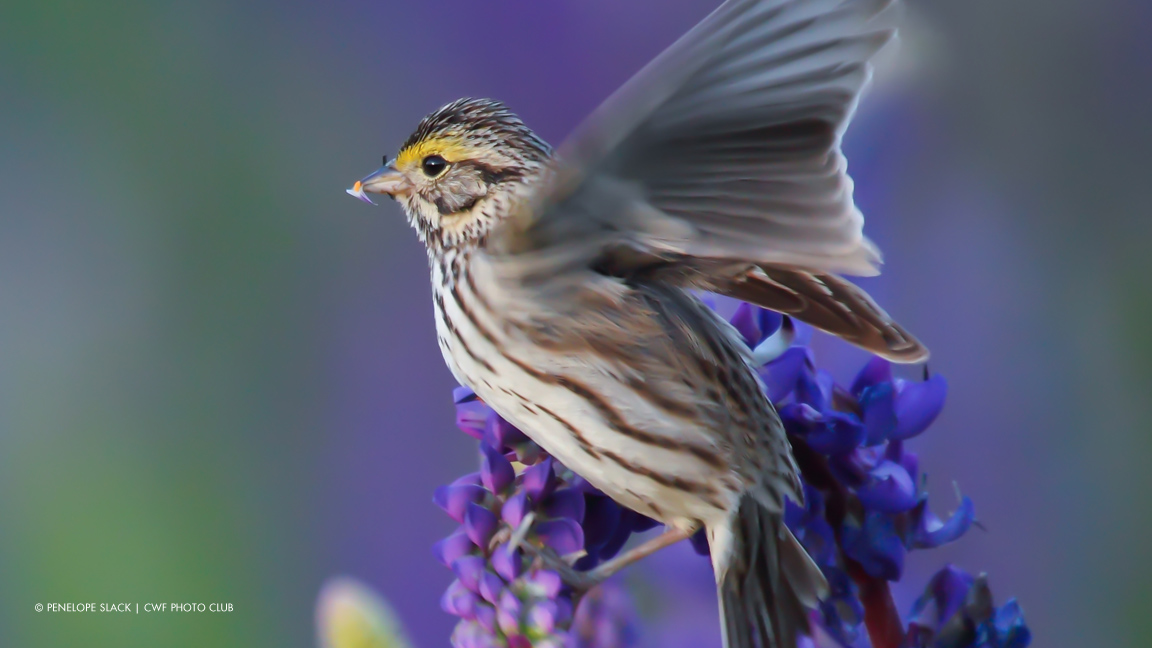
Most people don’t think of birds as pollinators but certain bird species, like hummingbirds, play a huge role in pollination and directly impact humans. Did you know? Approximately 8,000 plants across North, Central and South America depend on hummingbirds for pollination.
Seed Dispersal
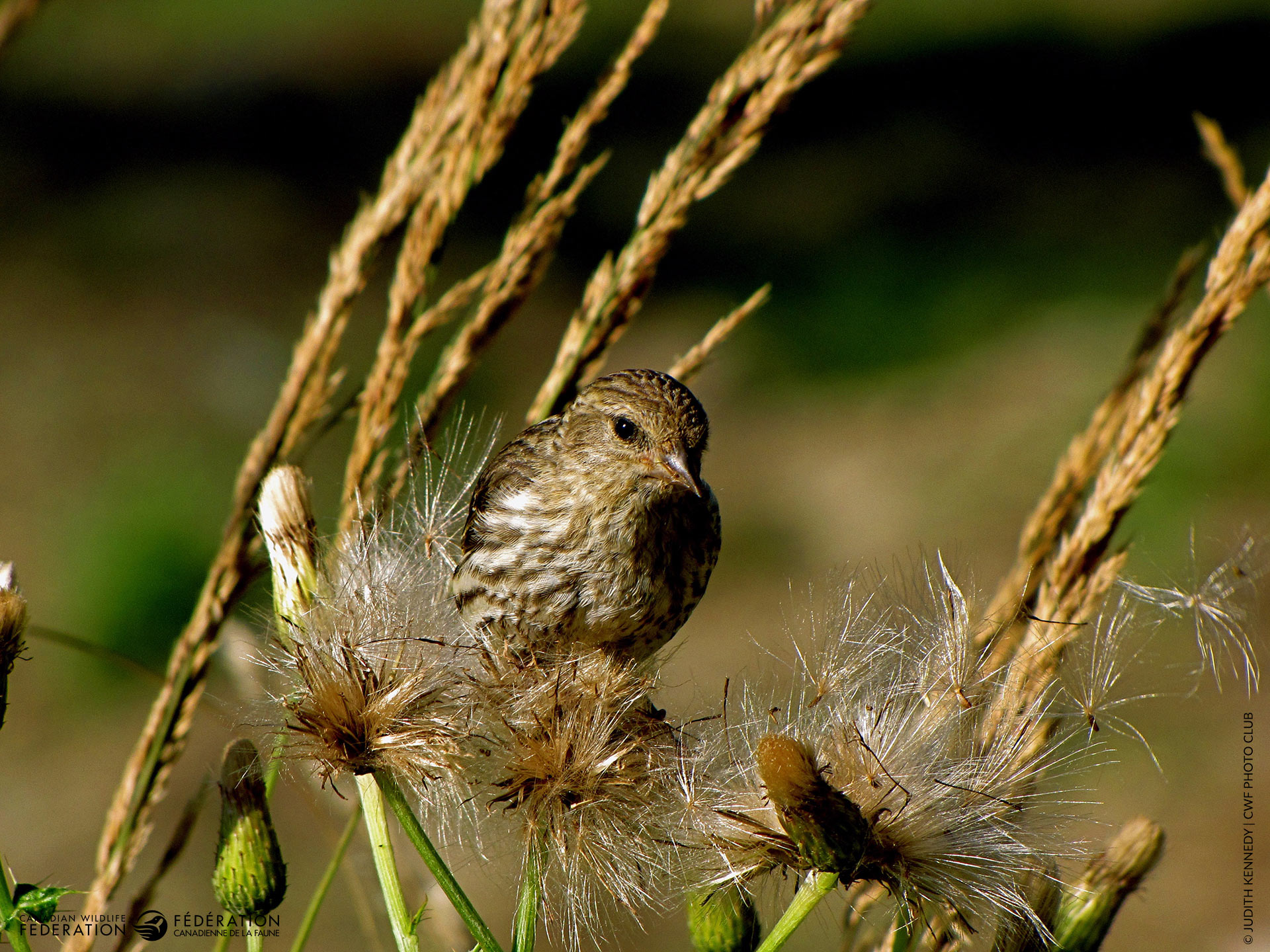
Half of all plants species on earth rely almost entirely on animals to disperse the seeds either through their feces or hitching a ride on feathers, wings and fur. Blueberries specifically rely on birds and other mammals for seed dispersal.
Pest Control
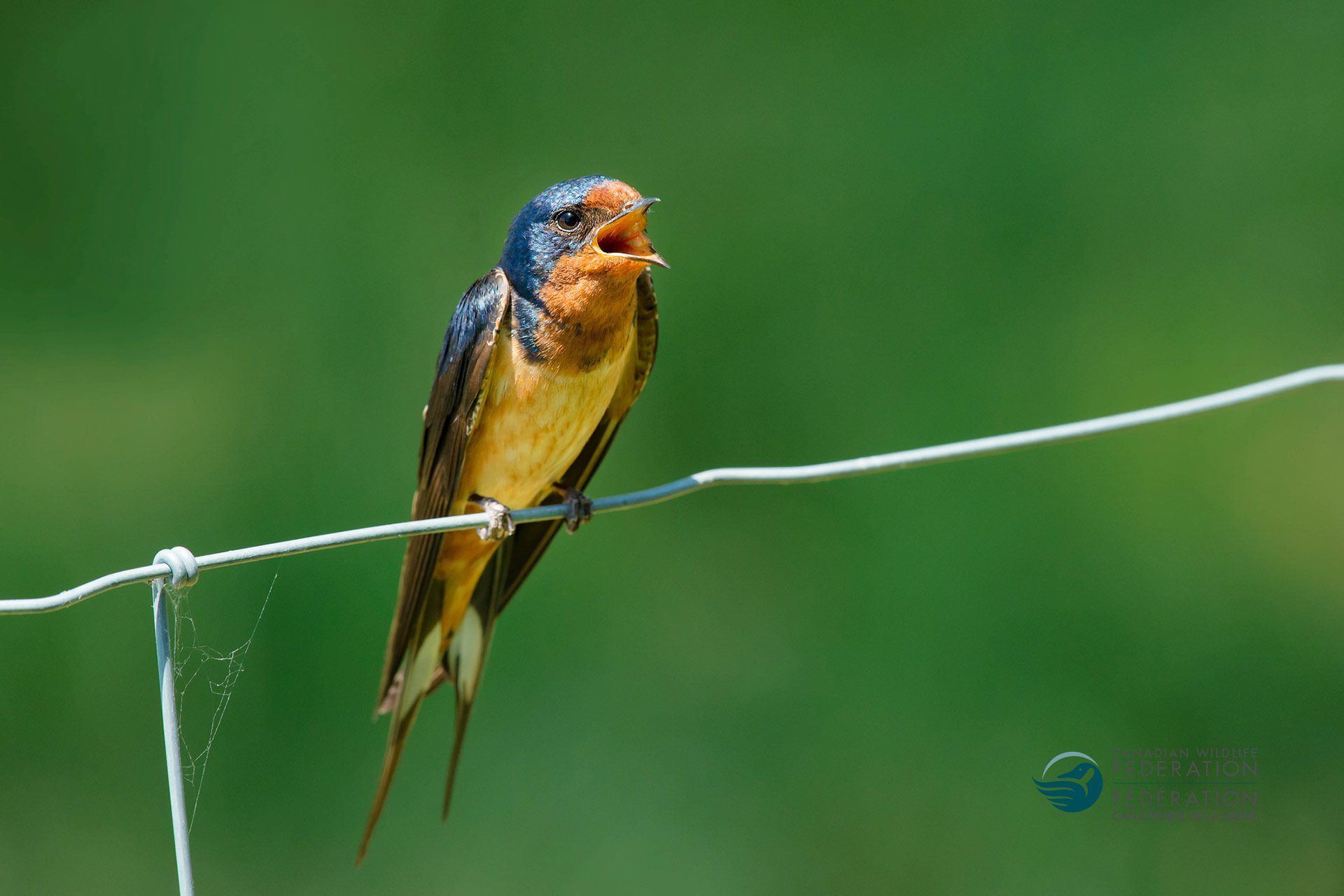
Birds around the world eat 400 to 500 million tons of insects every year! Birds are a natural way of keeping pest populations in check without harmful pesticides and are hugely beneficial for crops.
Weed Control
There is no need for harmful herbicides with birds around! Seed-eating birds like finches and sparrows have a veracious appetite for seeds and can help reduce weed growth by picking away at the plant itself and fallen seeds.
Nutrient Cycling
Let’s talk about bird poop! Bird poop, also known as guano, adds essential nutrients such as nitrogen and phosphorus back to the soil for hungry plants to thrive on and help maintain soil health.
Food Web Dynamics
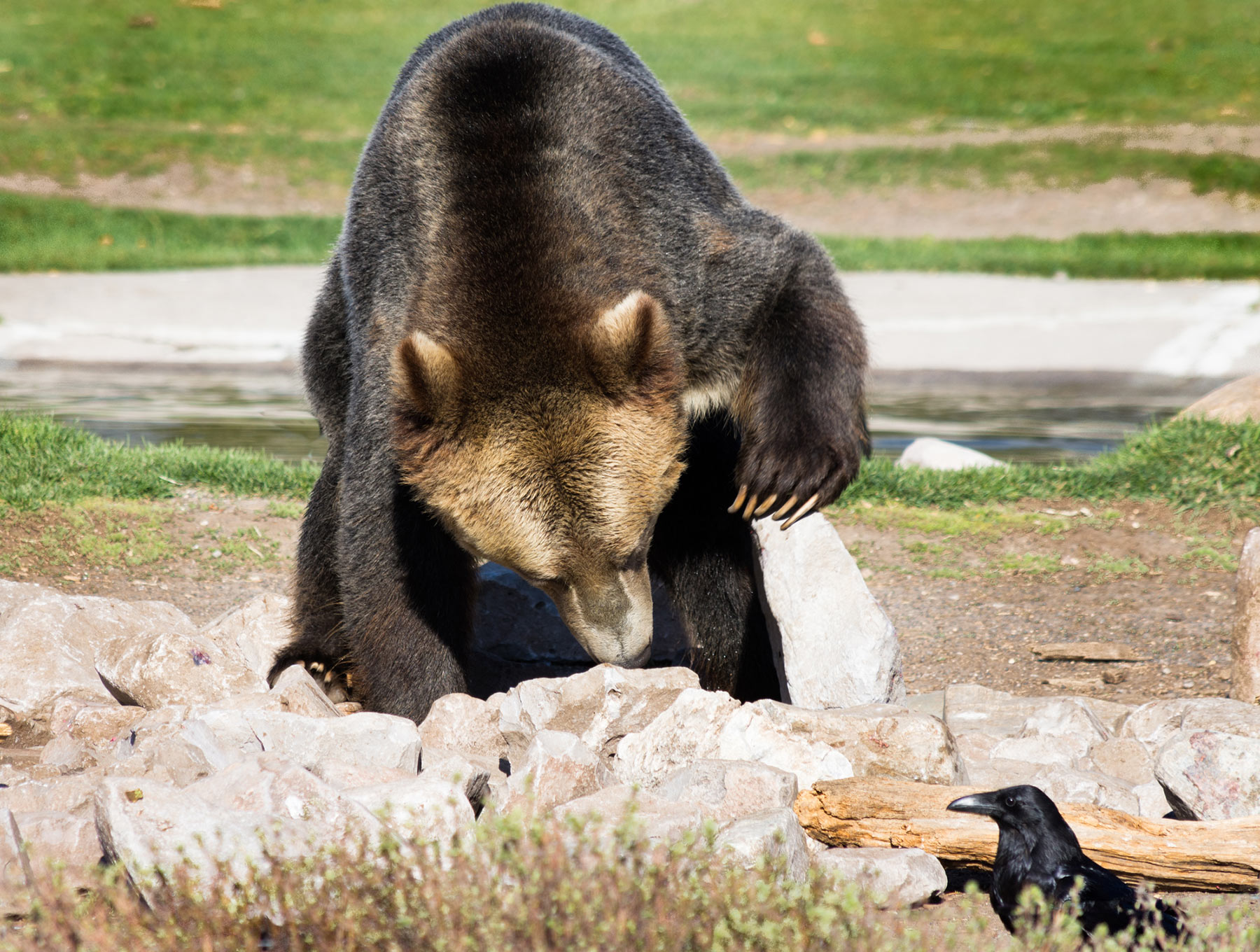
Birds are integral parts of the food chain, both as predators and prey. Their presence helps maintain a balance, preventing any one species from becoming overly dominant.
Indicator Species
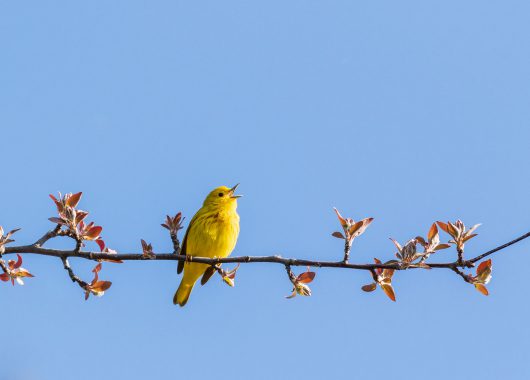
Birds are considered an indicator species – the canary in the coal mine – because changes in their populations can reflect broader environmental changes such as habitat loss, pollution and climate change.
Biodiversity
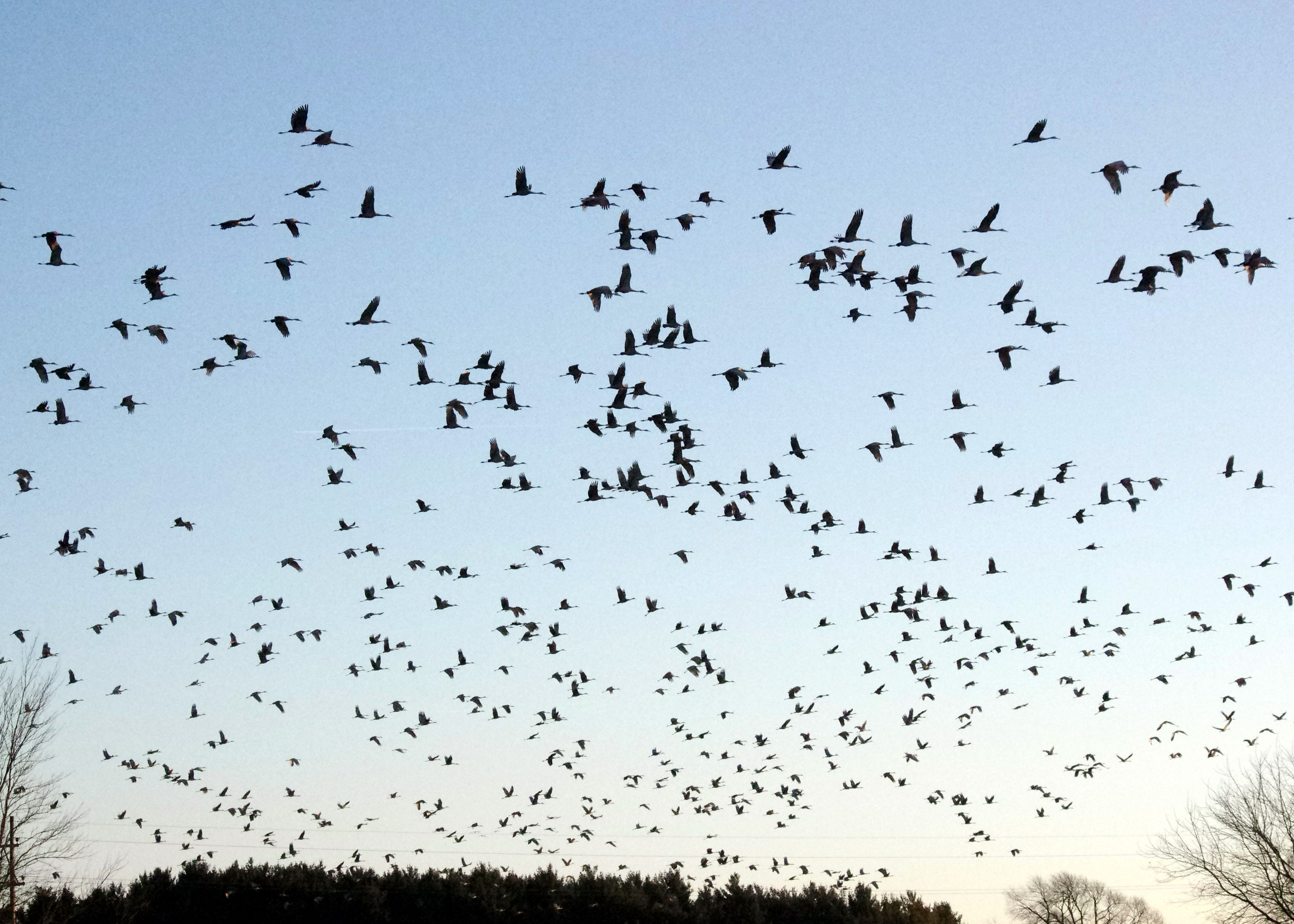
Birds are one of the most diverse groups of vertebrates. Our planet is home to an estimated 9,700 species of birds. 450 bird species of those call Canada home.
Cultural Significance
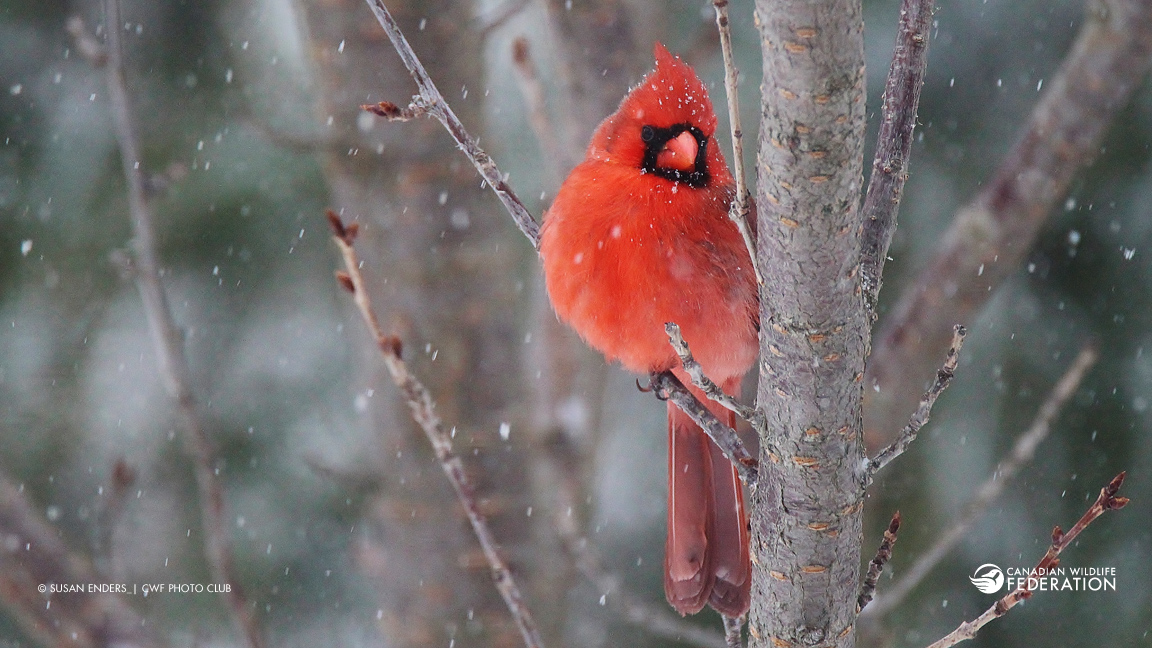
Birds have cultural significance around the world. Birds are often seen as a symbol for freedom, death and bad luck, being sacred to being used in heraldry through art, literature, folklore and religion.
Economic Benefits
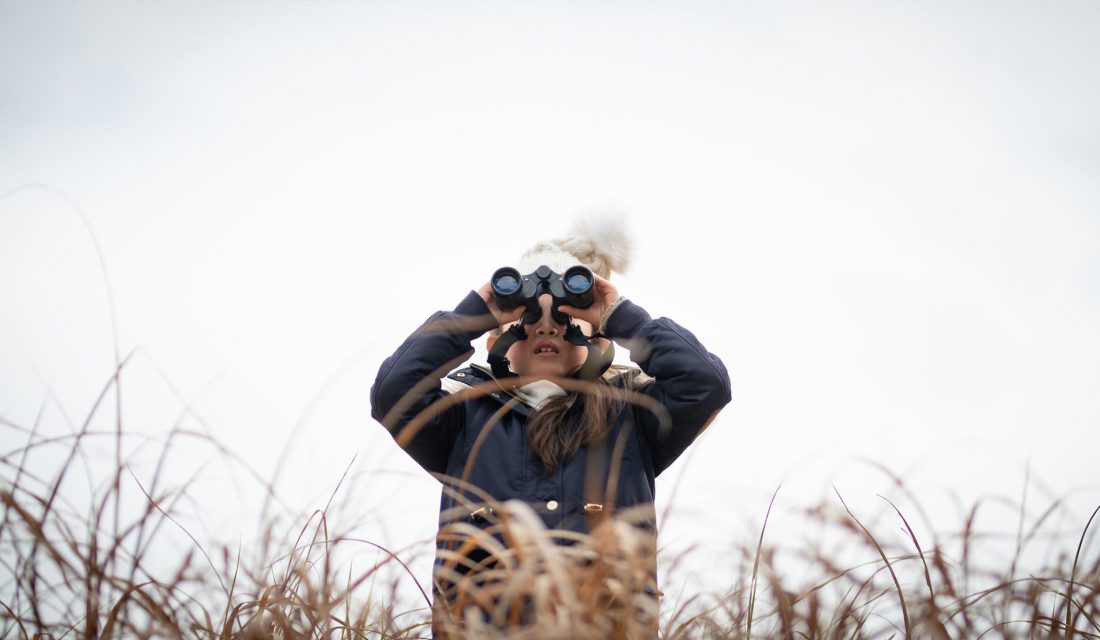
Bird watching is big business! Many people travel to see, photograph and study birds, creating economic opportunities for communities engaged in bird-related tourism.
We need birds more than they need us.
How to Help Birds
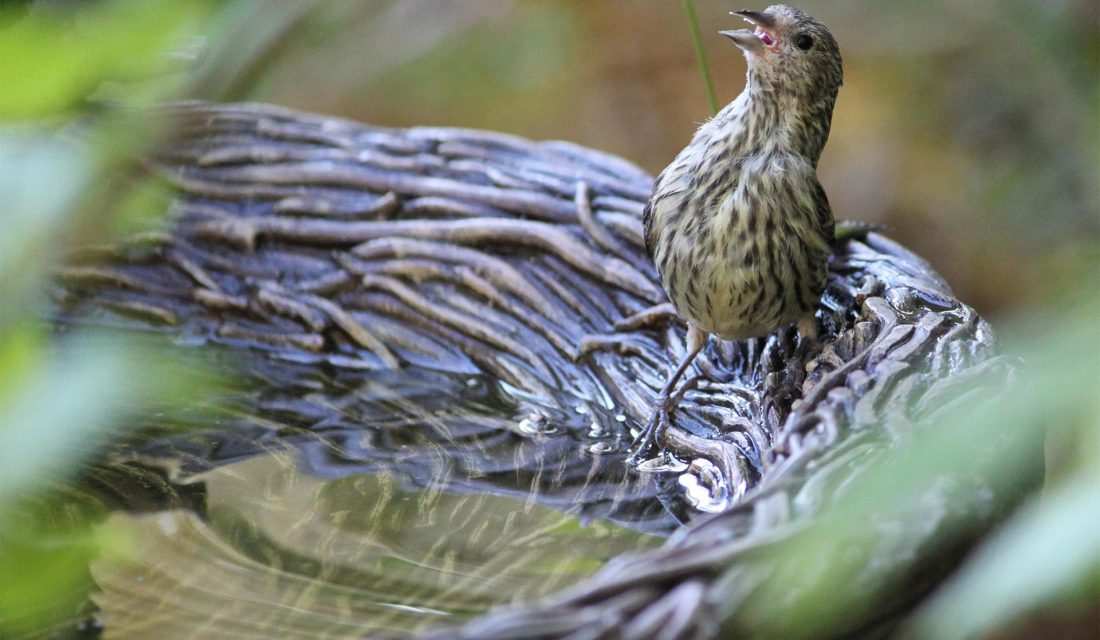
Do:
- Provide clean water: Clean water fountains and other water sources to ensure that birds have access to fresh and clean water for drinking and bathing.
- Offer nutritious food: Provide a varied diet suitable for the species of birds in your area, including seeds, suet, and insects.
- Create a safe environment: Set up bird feeders and birdhouses in safe locations away from predators and hazards.
- Supplement diet: Bird feeders can help supplement their diet. Ensure that birds have access to a clean and mold-free seed bird feeder to help keep them healthy.
- Respect their space: Allow birds to behave naturally and avoid disturbing nesting sites or feeding areas.
- Observe quietly: Enjoy observing birds from a distance without causing them stress or disturbance.
- Learn about local species: Familiarize yourself with the birds in your area and their behaviors to better understand them.
- Use iNaturalist: Contribute to bird conservation efforts by logging observations in iNaturalist.ca and participating in bird counts, habitat restoration and supporting bird-friendly initiatives.
- Provide shelter: Plant native trees and shrubs to offer shelter and nesting sites for birds in your yard or garden.
- Keep pets under control: If you have pets, specifically cats, keep them indoors. If this is not feasible ensure they are supervised outdoors to prevent them from harming birds or their nests.
- Report injured birds: If you encounter injured or distressed birds, contact local wildlife rehabilitators for assistance.
Don’t:
- Offer harmful foods: Avoid feeding birds with processed or unhealthy foods, as they can be harmful to their health.
- Disturb nests: Avoid touching and disturbing bird nests, eggs, or chicks, as it can cause stress.
- Use pesticides: Avoid using pesticides or chemicals in your garden that can harm birds and their food sources.
- Approach too closely: Maintain a respectful distance from birds to prevent them from feeling threatened or stressed.
- Litter: Dispose of trash and litter properly to keep the environment clean and safe for birds.
- Release non-native species: Do not release non-native bird species into the wild, as they can disrupt local ecosystems and native bird populations.
- Use sticky traps: Avoid using sticky traps or glues to catch insects, as they can inadvertently trap and harm birds.
- Rely solely on feeders: Bird feeders can help supplement their diet; birds should also forage naturally for food sources.

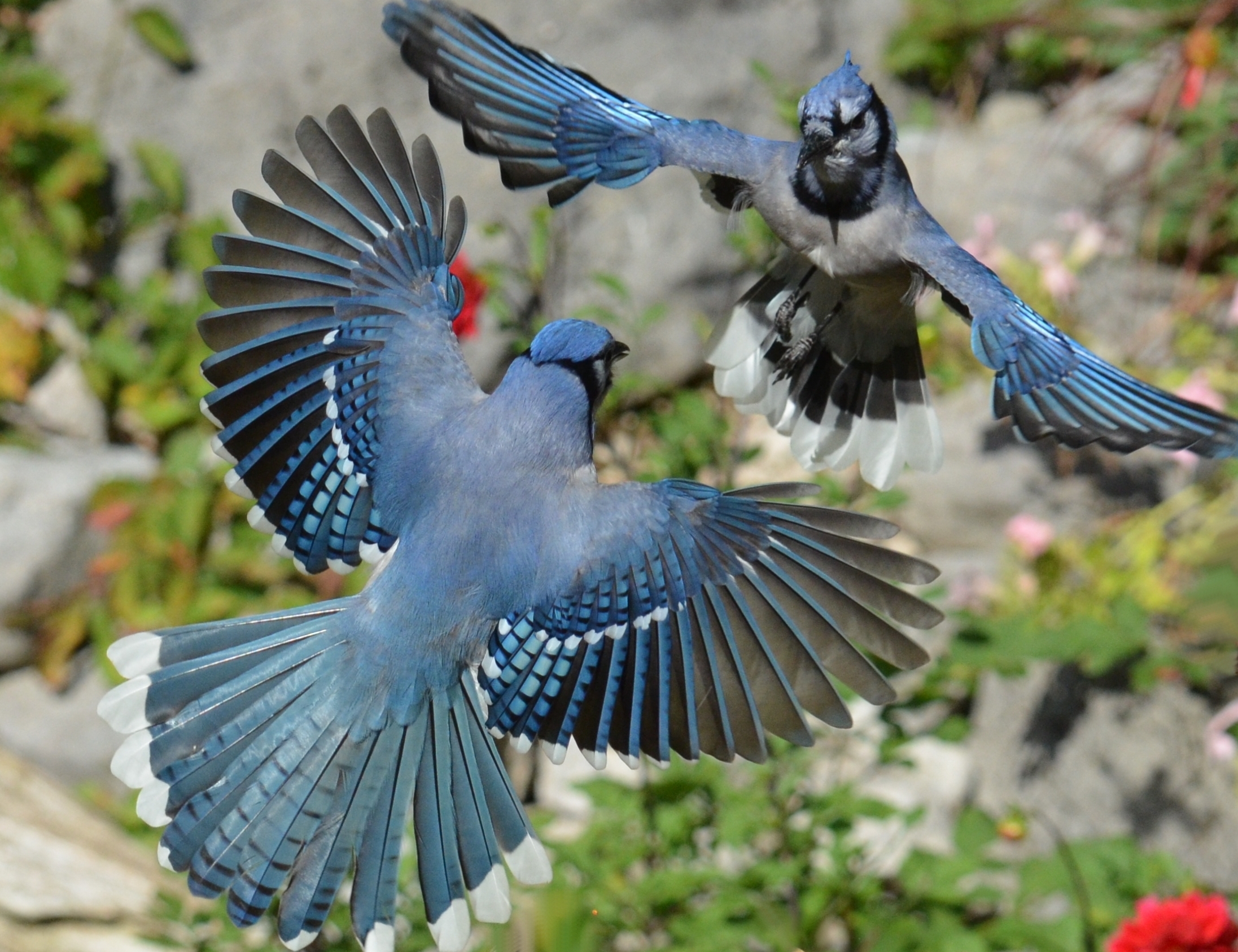
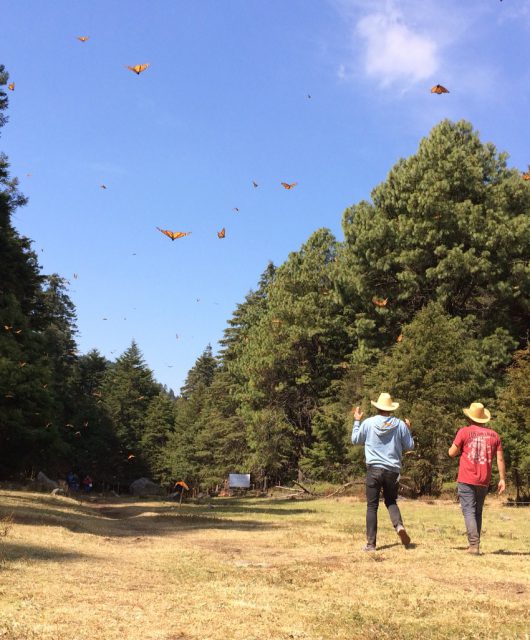
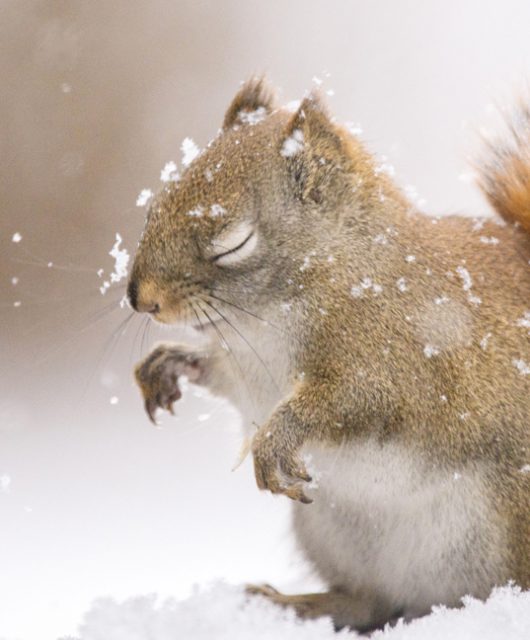
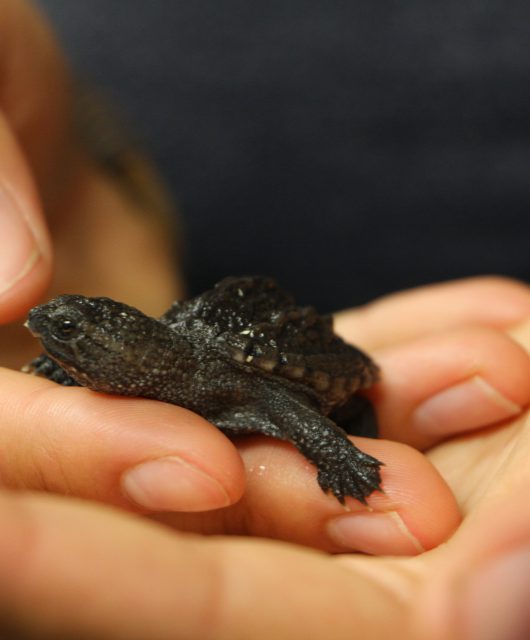
1 comment
Great summary post! An educational addition would be to add the number of mice and rats birds of prey consume and to highlight the terrible impacts rodenticides are having on them.